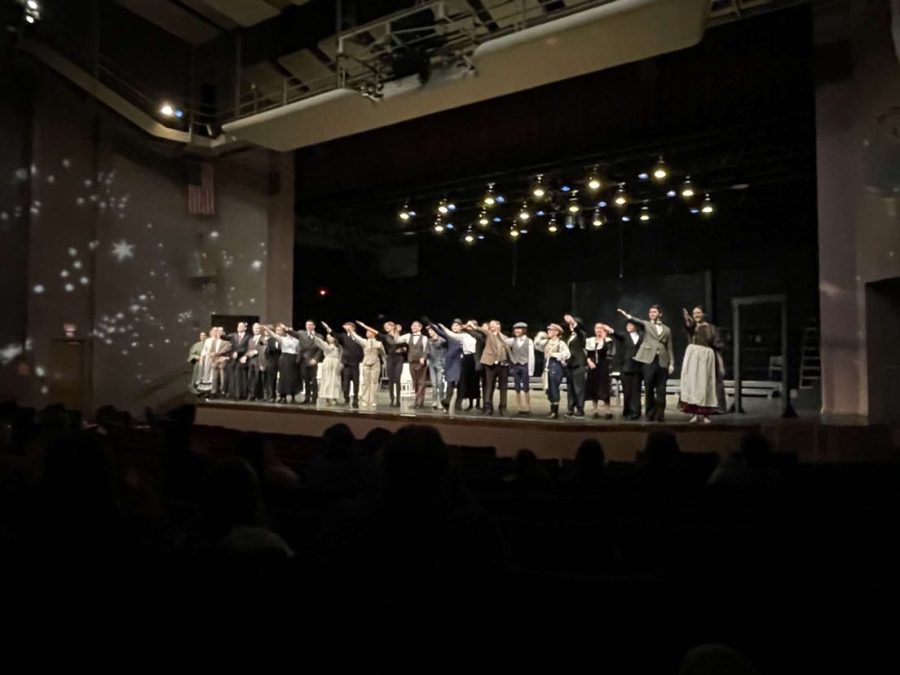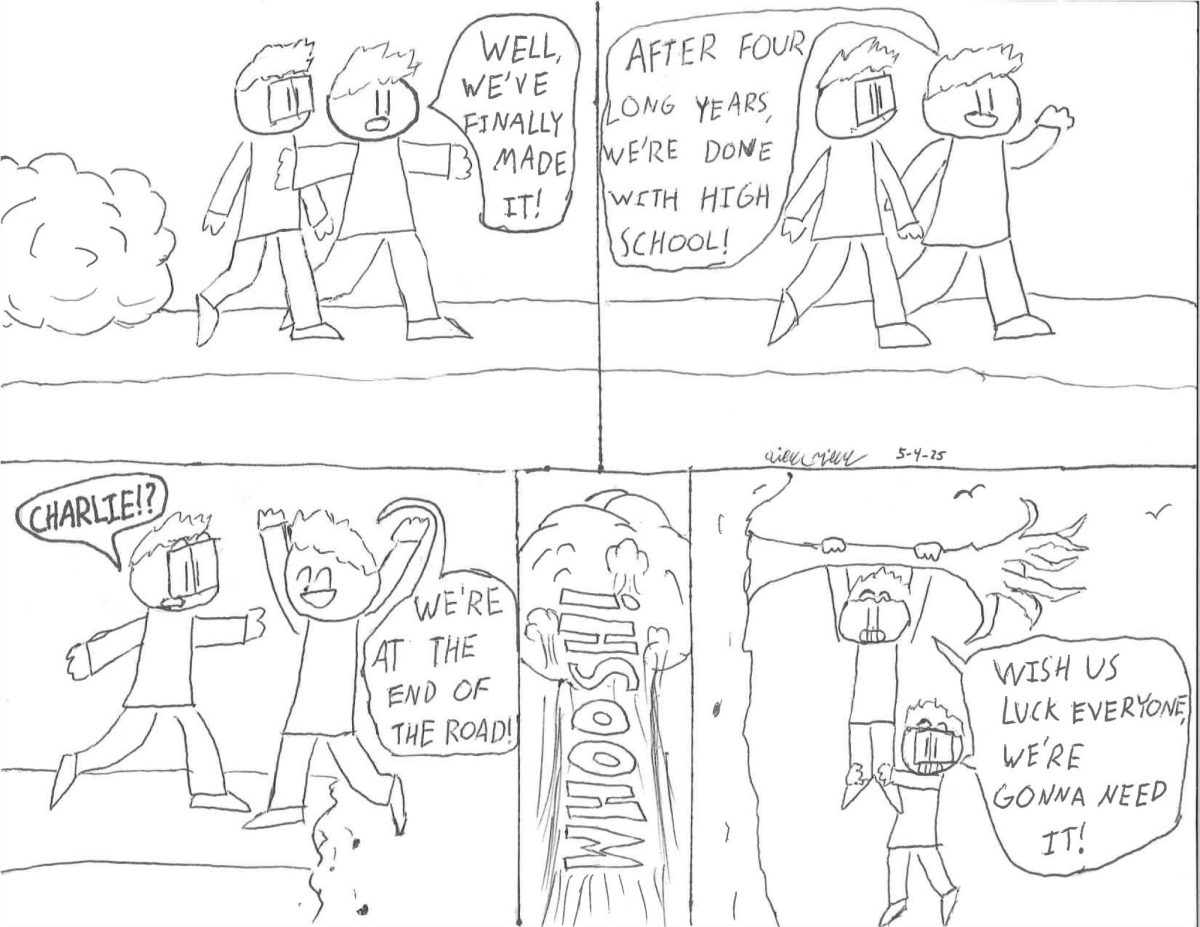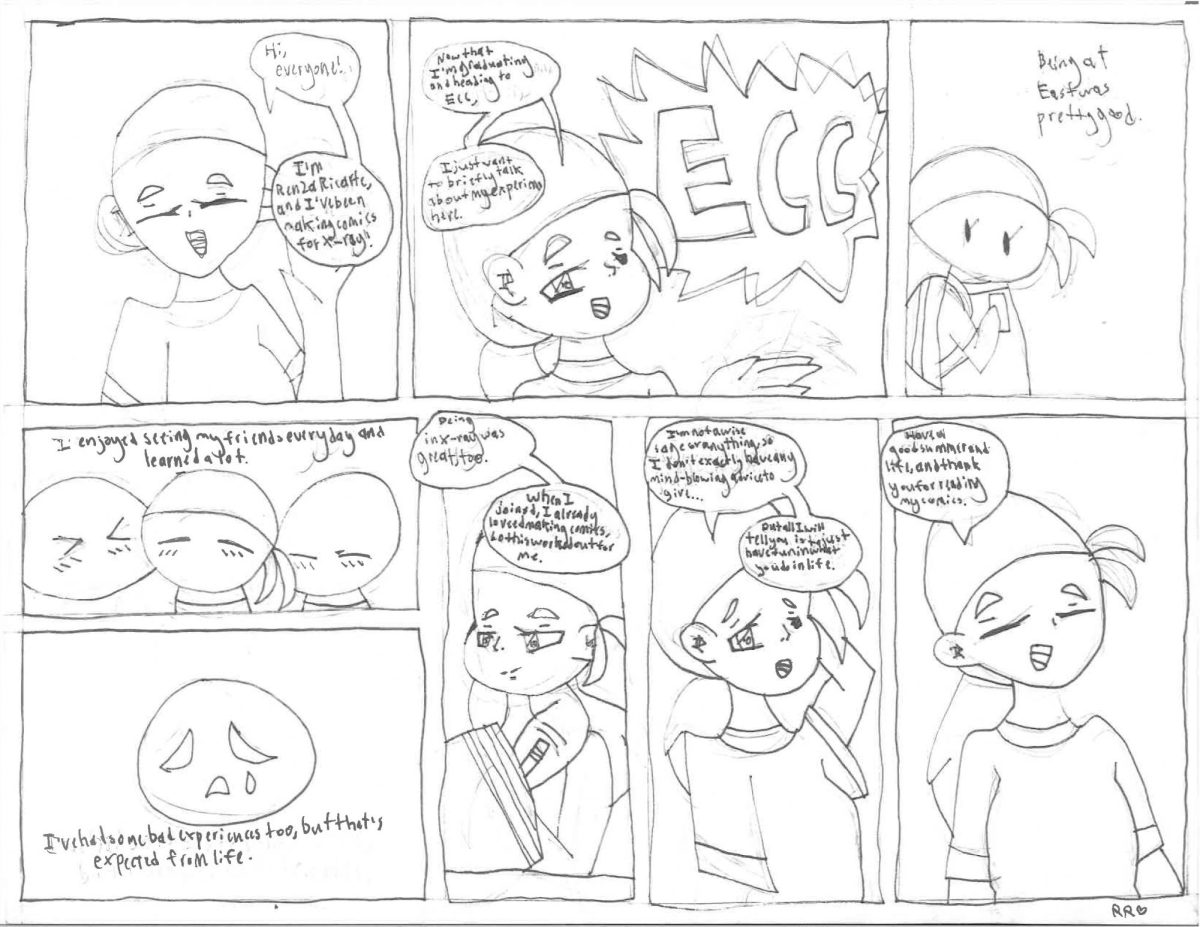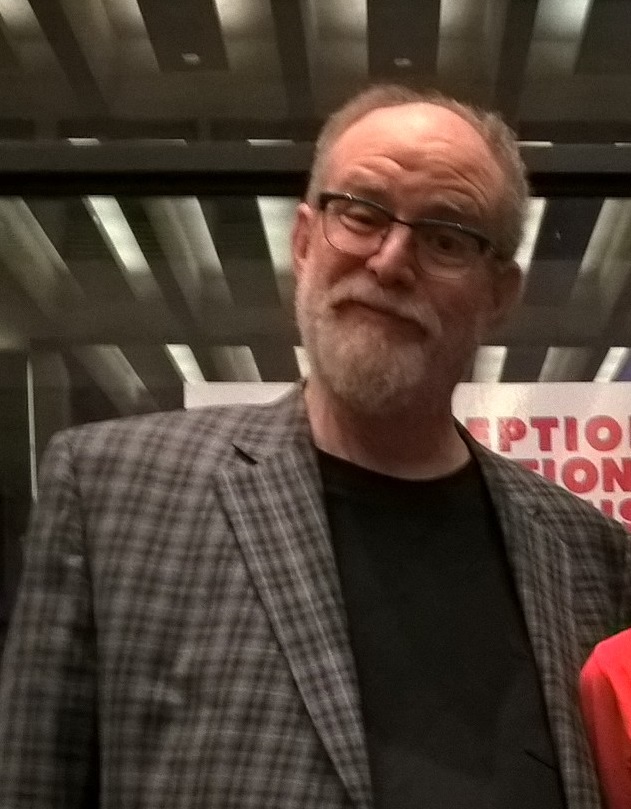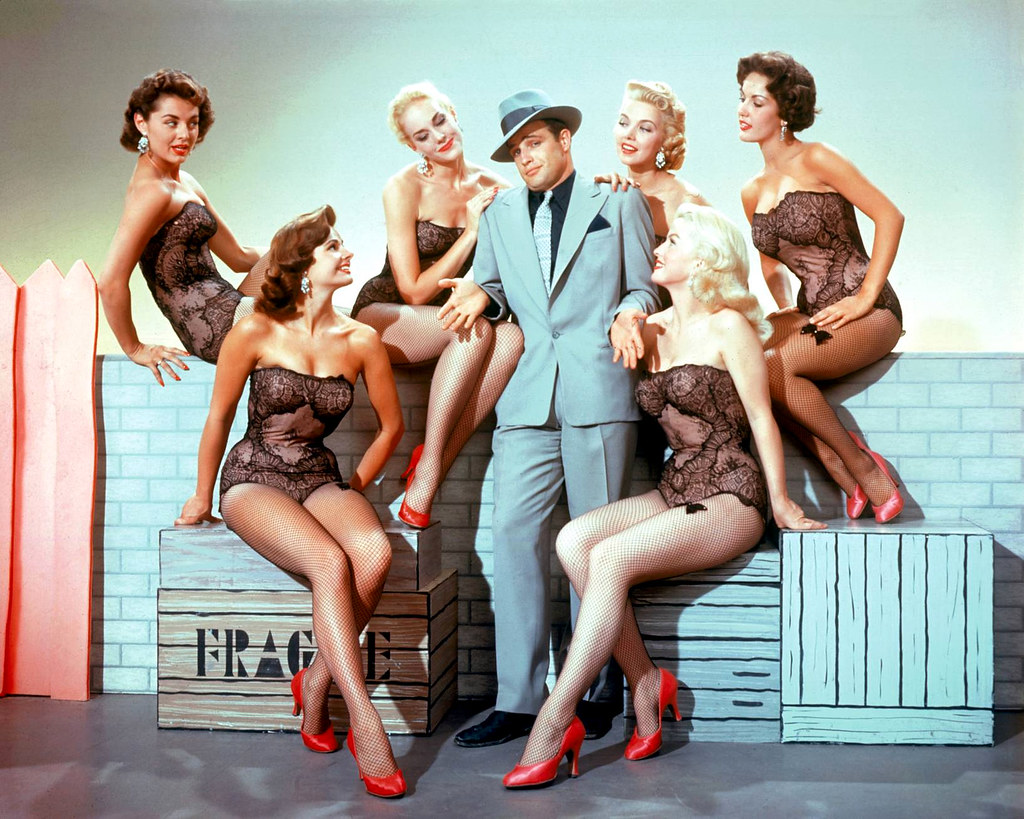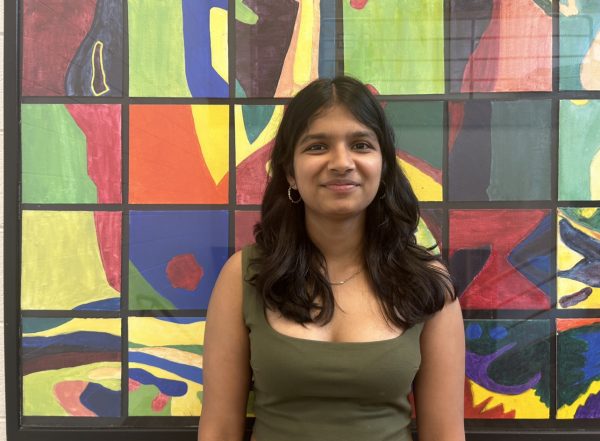East’s Theater group’s fall play, “Our Town,” one of the most famous plays by Thornton Wilder, was a huge success.
Wilder picked the name ‘Our Town’ because the events and the themes presented are universal. As the director, Mrs. Bundy said, “It is as if it were ‘our’ town.”
Each of the three acts of the play was set in different years and focused on three different concepts that inter-connected at the end.
Bundy opted for a bare stage with little scenery and very few props.
This minimalistic approach makes everyday objects represent larger structures contributing to the central message of the play: how we live our lives without really appreciating what it has to offer, and when we realize it, we’re dead.
The message focuses on the ignorance of human beings and their failure to recognize the smallest of gestures and actions which are as huge as any other action.
Rehearsals for the play ran from August 22 to October 12, and the crew did an amazing job at conveying the play and its message.
The stressful hours spent choosing the costumes paid off, and Parker Hannah, a costume designer, even sewed the underskirt for the main lead.
The students went all in, as Madison Johnson said, “We would go over lines during study halls and almost any chance we got some days…making sure to get to tech rehearsals and call times early so we’d have more time to spend with each other while also preparing.”
John Mizanin was the set designer and the East students put together all the props, from canes and pocket watches to fake eggs and bacon, themselves!
Ava Johnson, one of the stage managers and a narrator, played an elderly role with the cane authentically, using the pocket watch flawlessly.
One of the cast members somehow managed to rip his pants open before the curtain with no time to sew them, but Merdith Musial, a stage manager, says that the “amazing costume team had the extra pair, just in case.” Needless to say, she says that he will never hear the end of it.
The play is set in Grover’s Corner, New Hampshire, and Act I: Daily Life opens with the narrator introducing the town in 1901. Emily Webbs and George Gibbs are depicted so beautifully that it seems real. It shows a blooming friendship and love between George and Emily, the main characters mentioning little things like helping with homework and talking about how the moon looks beautiful.
Senior, Elizabeth Nowak, one of the stage managers, said that the beginning of this act was hardest to work on: “where a map of the town flies in and the stage managers point to buildings and help audience get a sense of the location,” as they say in the play, “In our town, we like to know facts about everyone, every day. (Even if it’s trivial)”
Act II: Love and Marriage fast forwards three years portraying 17-year-olds George and Emily marrying each other, a mother’s protectiveness and the anxiety of the to-be wedded couple during the wedding with lines like, “Every time your wife irritates you, get up and leave the house. Never, never let your wife know how much money you have.” (There were some light chuckles in the audience with that.)
Act III: Death and Eternity reveal the death of Emily Gibbs during childbirth, in the nine years passed and her wanting to go back in time to relive her 12th birthday.
Now in the graveyard, Madison Johnson, who plays Mrs Gibbs, claimed that this was the hardest scene to act as she “was not allowed to move at all or show any facial expressions.”
As Johnson said, “It is one of the most touching scenes when Emily goes back in time and sees just how much she missed while living. It makes you think about every little thing you’re taking for granted in your life.”
Musial said, “Props to the ‘dead’ people for sitting so still to really give the effect, your focus and dedication isn’t unnoticed.”
The long hours spent by the cast and crew to prepare this play paid off. Hannah confessed to almost crying during Act III.
Musial reveals that this Act was the hardest scene for various reasons.
Emily’s monologue, which included intense lines like “Why did I have to get old? Let’s just be happy and together for once,” and “Do human beings ever realize life when they live every minute?”“No, the saints and the poets, maybe. They do some”–was particularly hard.
Musial expands on the experience, “Because none of us could truly relate to it. I mean you can’t really say you’ve lived life to the fullest when we’ve all barely been alive ourselves. Having to soul-search and find that type of emotion was heavy on a lot of us, but in the end we were able to give an authentic performance and take away a life lesson while we’re at it.”
The play ends with Emily asking Mrs. Gibbs again, “They don’t understand, do they?”
To which, she replied, “No dear, they don’t.”
Nowak confesses during the moment when she knew the show was finally done that “emotions were flying in the air. It felt magical…narrating the show. It felt relieving and exhilarating,” which was exactly what the audience felt through their emotional enactment.


